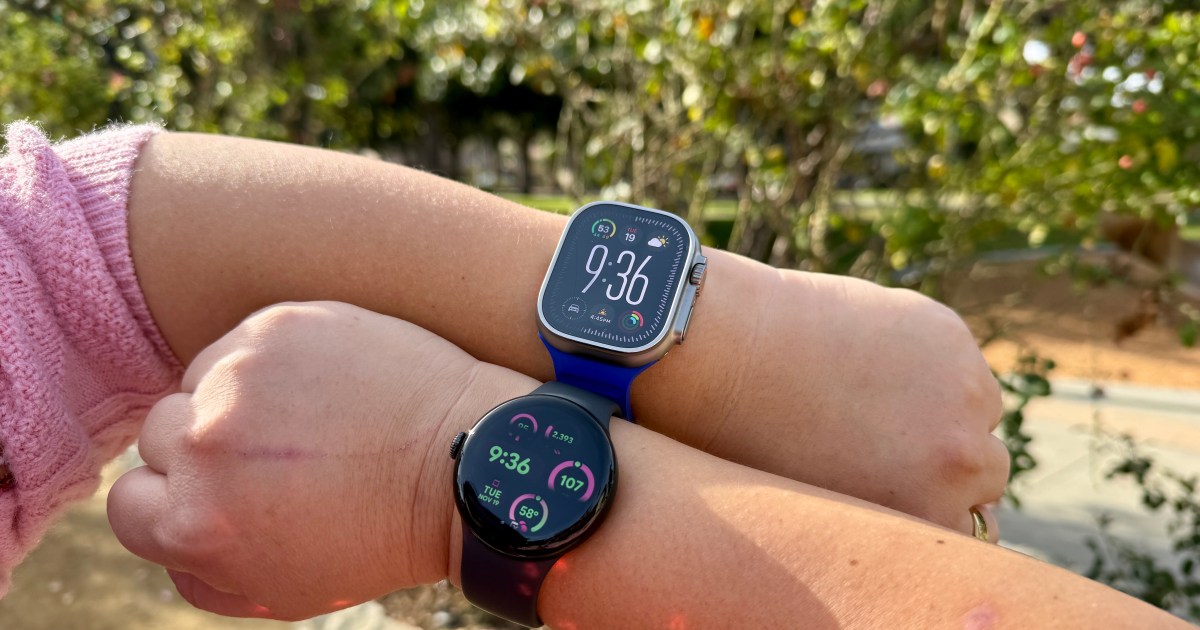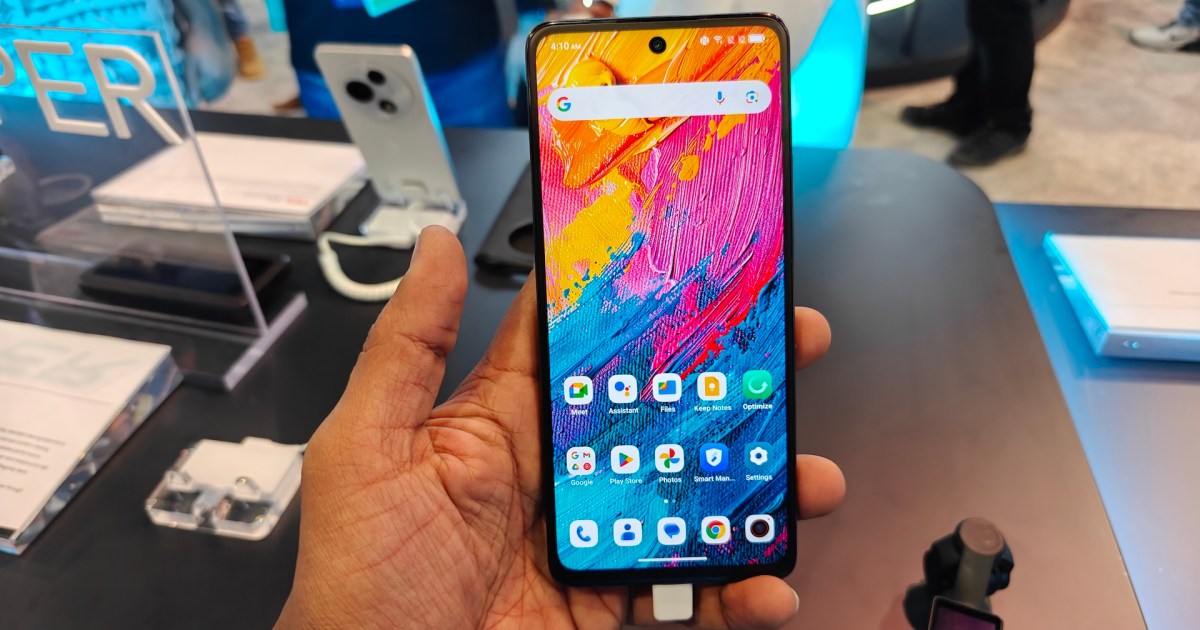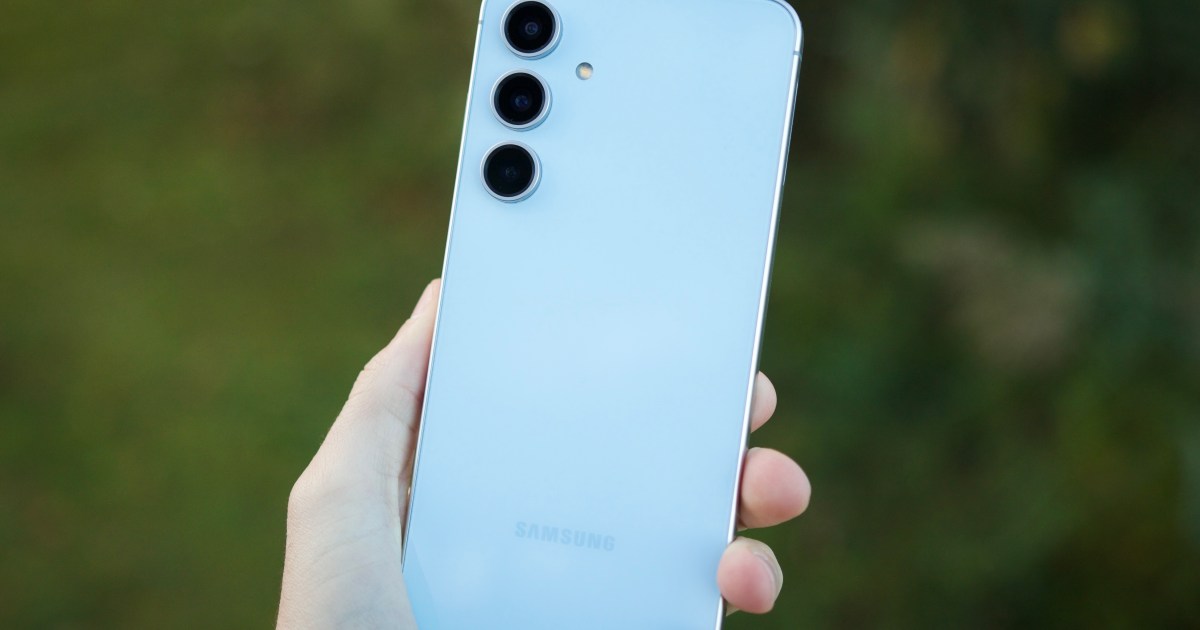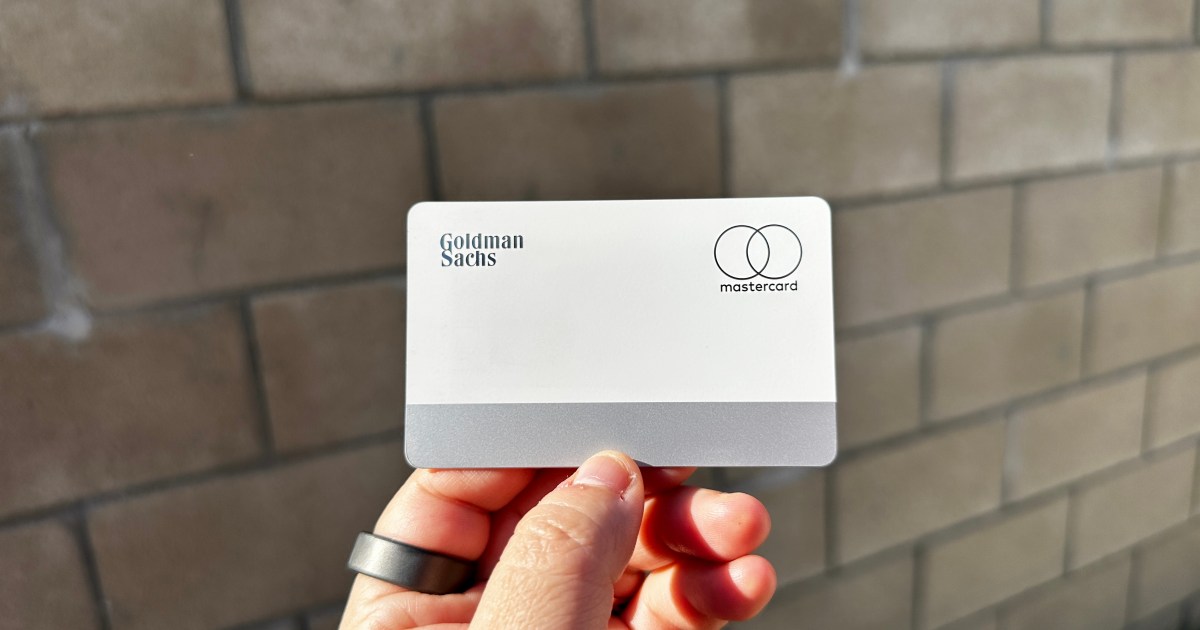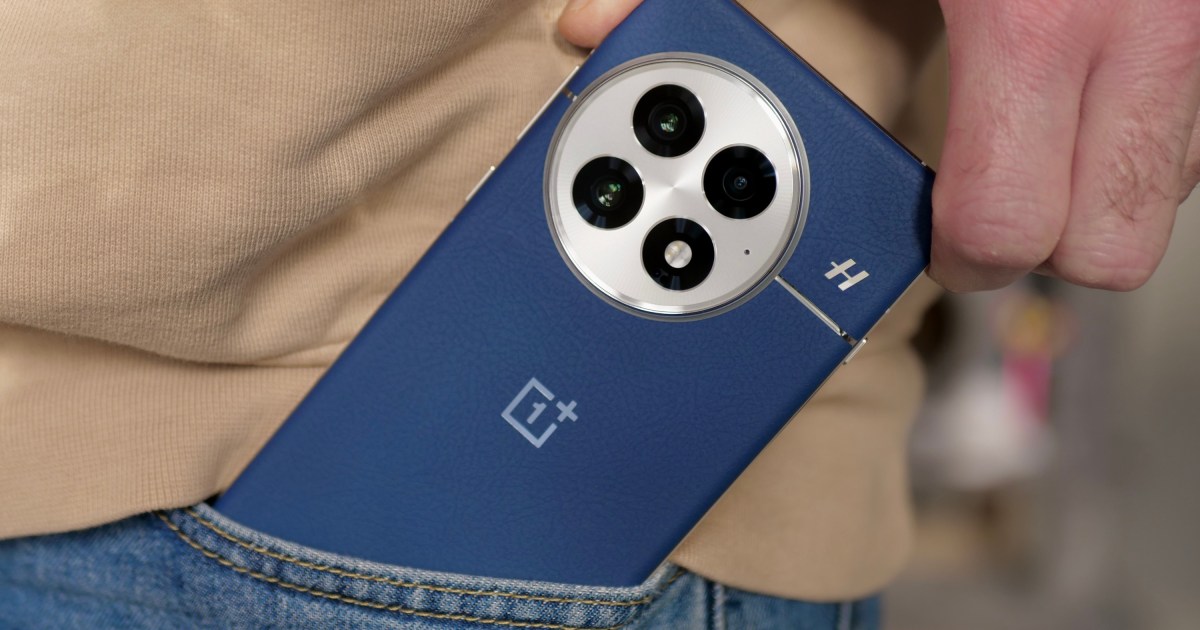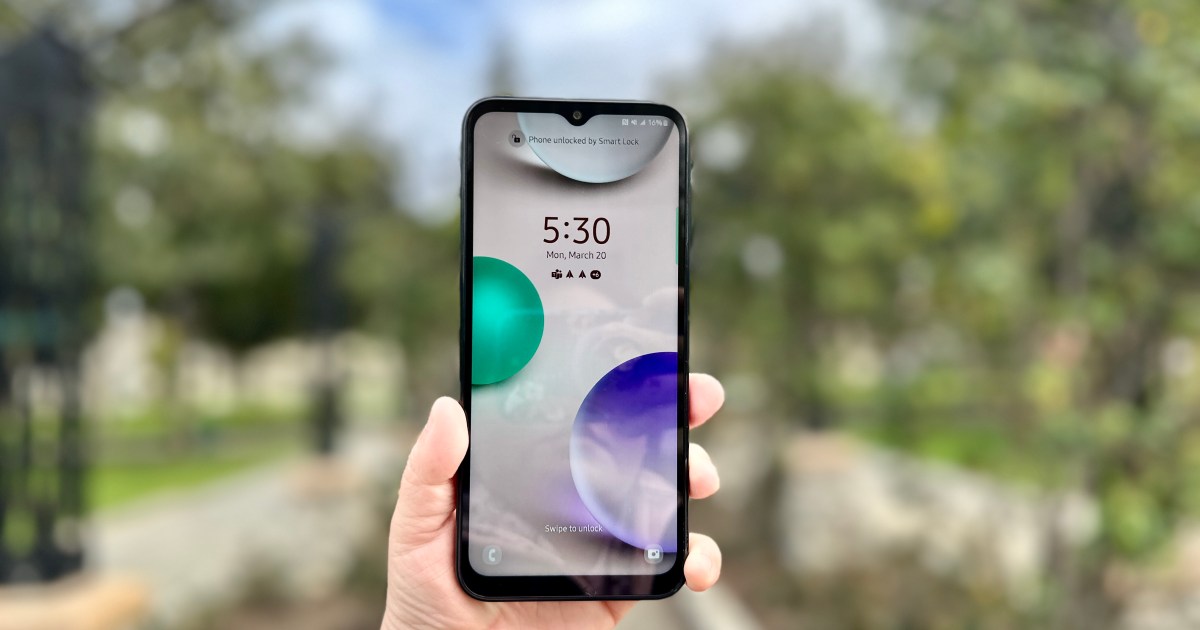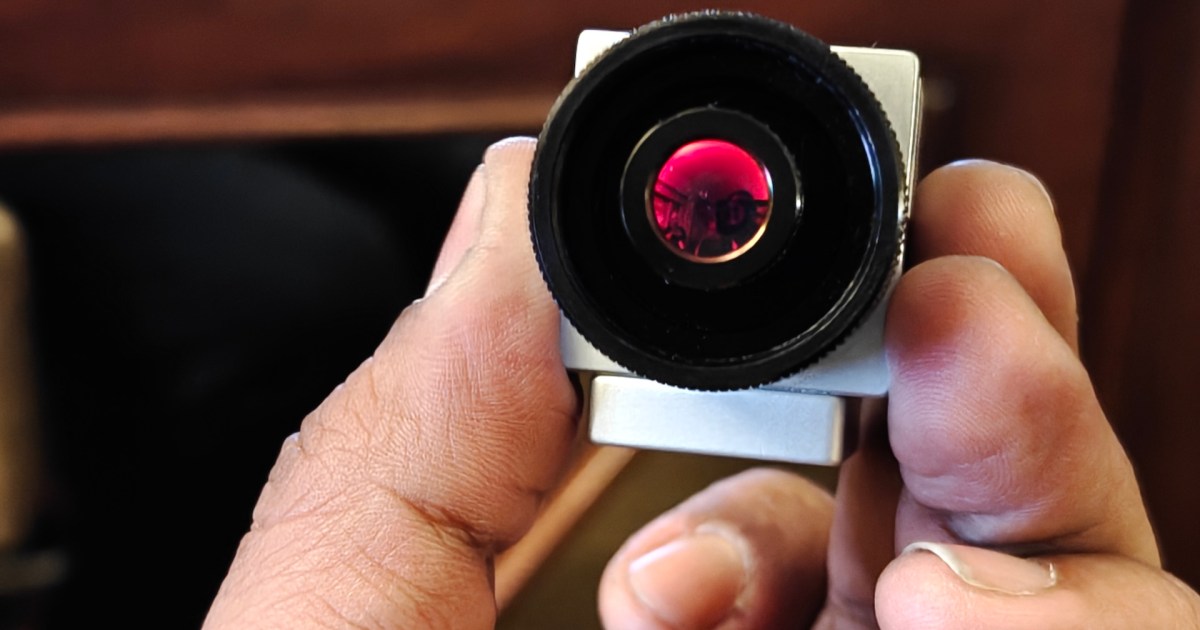Wearable technology continues to advance rapidly. At CES 2025, Novosound presented a sensing kit for real-time blood pressure monitoring using ultrasound, designed for smartwatches and smart rings. Blood glucose monitoring is also in development, and research is exploring the use of sleep data to analyze chronic health issues. Now, groundbreaking research from Mount Sinai suggests that data from wearables like the Apple Watch Series 10 and Oura Ring 4 can predict flare-ups of chronic conditions, including inflammatory bowel disease (IBD).
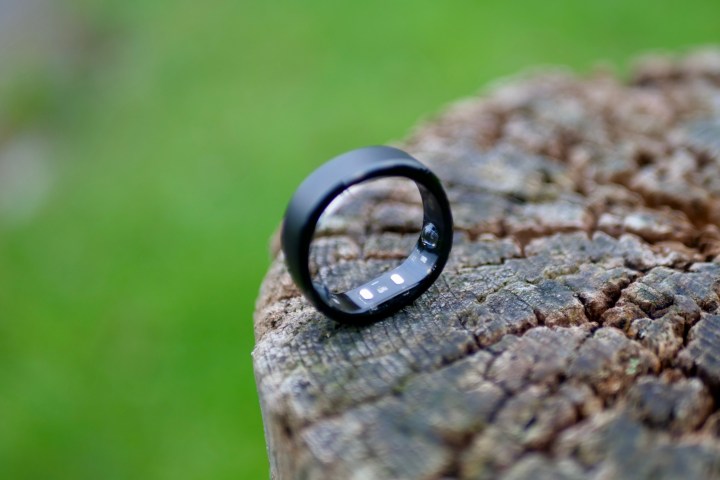 The side of the RingConn Gen 2 smart ring.
The side of the RingConn Gen 2 smart ring.
IBD, a chronic condition affecting millions worldwide, causes inflammation in the gastrointestinal tract. According to the Centers for Disease Control and Prevention, IBD involves the immune system attacking healthy bowel cells, leading to periods of remission and symptom flare-ups like diarrhea, fatigue, pain, ulcers, and rectal bleeding.
Biomarkers Offer Key Insights
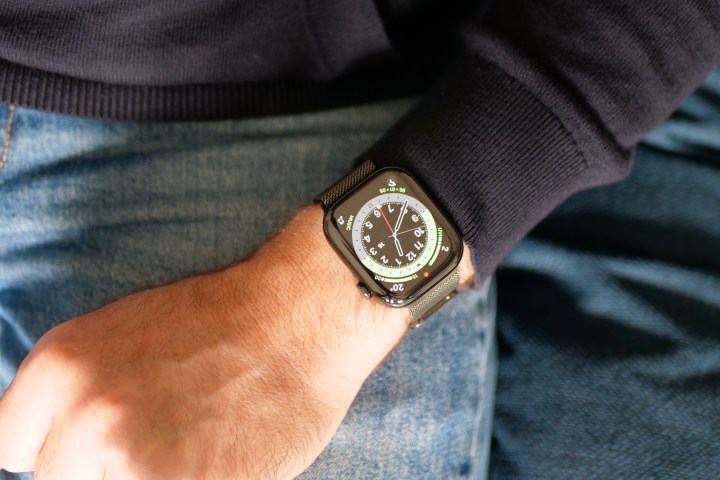 A person wearing the titanium Apple Watch Series 10.
A person wearing the titanium Apple Watch Series 10.
Published in a Gastroenterology journal, the Mount Sinai study indicates that wearables from companies like Apple, Fitbit, and Oura can be “effective tools in monitoring chronic inflammatory diseases like IBD.” Researchers monitored biomarkers such as heart rate variability, oxygen levels, daily activity, and heart rate in over 300 participants across 36 states. Participants also reported their symptoms daily and provided blood and stool samples.
The study found that these biomarkers were affected when participants experienced inflammation symptoms associated with ulcerative colitis or Crohn’s disease, two common forms of IBD. Significantly, these biomarkers shifted even before symptoms appeared, changing up to seven weeks prior to a flare-up. Mount Sinai Hospital and Mount Sinai School of Medicine explained that these “physiological markers could detect inflammation even in the absence of symptoms and distinguish whether symptoms were driven by active inflammation in the intestines.”
Refining Algorithms for Broader Applications
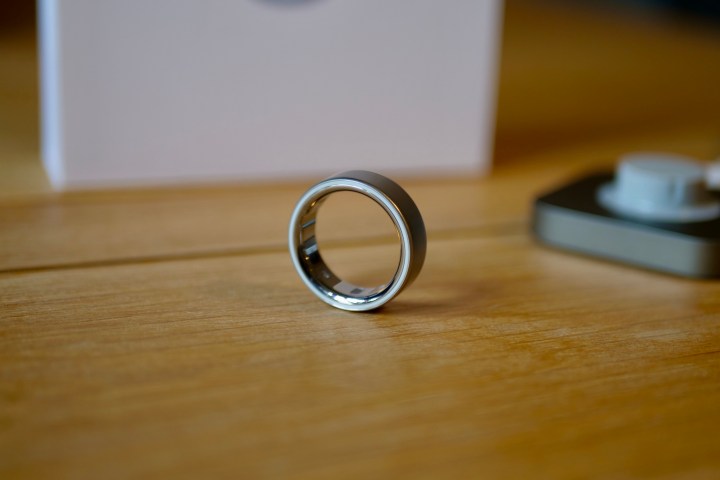 The side of the Oura Ring 4.
The side of the Oura Ring 4.
Researchers are now refining algorithms to enable smartwatches and smart rings to detect and predict flare-ups of related conditions like rheumatoid arthritis. Dr. Robert Hirten, Associate Professor of Medicine (Gastroenterology) and Artificial Intelligence and Human Health at Mount Sinai’s Icahn School of Medicine, stated, “These findings open the door to leveraging wearable technology for health monitoring and disease management in innovative ways we haven’t previously considered.”
This research builds on previous studies. A 2024 paper in the Expert Review of Medical Devices suggested that wearables could be used not only for predicting flares and monitoring IBD symptoms but also for early disease detection and gut health assessment. In 2023, the California Institute of Technology developed a wearable skin patch that detects C-reactive protein in sweat, a known predictor of inflammation. Oura has also incorporated a Symptom Radar feature in its app to help identify the onset of respiratory illnesses. These advancements highlight the immense potential of wearables in promoting health and predicting diseases.



